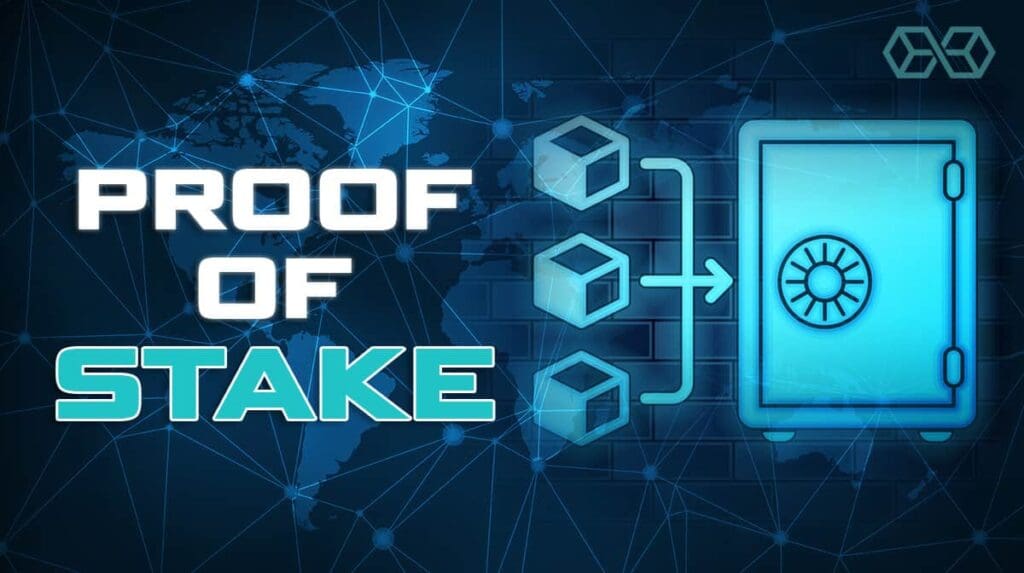Crypto Proof of Stake (PoS)

In the ever-expanding world of blockchain technology, ‘Proof of Stake’ (PoS) has gained prominence as a consensus mechanism that stands as an alternative to the traditional Proof of Work (PoW) system.
This article aims to explore the concept of PoS, its functionality, benefits, and address some common questions associated with it.
What is Proof of Stake (PoS)?

Proof of Stake (PoS) is a type of consensus mechanism used by certain blockchains to achieve distributed consensus.
Unlike Proof of Work (PoW), which requires miners to solve complex mathematical problems to validate transactions and create new blocks, PoS allows for the creation of blocks and validation of transactions based on participants’ holdings of the cryptocurrency.
Key Functions of PoS

- Energy Efficiency: PoS is noted for its energy efficiency, as it eliminates the need for intensive computational work required in PoW.
- Stake-Based Validation: In PoS, validators are chosen to create new blocks and validate transactions based on the number of coins they hold and are willing to ‘stake’ as collateral.
- Security and Decentralization: While PoS offers a different security model than PoW, it aims to maintain network security and decentralization, reducing the risk of centralization and 51% attacks.
The Role of PoS in Cryptocurrency

PoS has become increasingly popular, particularly in the context of concerns about the environmental impact of PoW blockchains like Bitcoin. It offers a more energy-efficient way to maintain network integrity and consensus.
Frequently Asked Questions

- How does PoS differ from PoW? PoW requires physical computational power to mine blocks, whereas PoS relies on the economic stake of validators in the network.
- Is PoS more secure than PoW? Each system has its own security strengths and vulnerabilities. PoS is less susceptible to certain types of attacks inherent to PoW systems, but it also introduces new challenges.
- Can anyone become a validator in PoS? The requirements to become a validator in a PoS system vary. Generally, it requires holding a certain amount of the cryptocurrency and sometimes going through a selection process.
Proof of Stake represents a significant evolution in blockchain technology, offering a more sustainable and energy-efficient alternative to Proof of Work.
As the cryptocurrency world continues to evolve, PoS is likely to play an increasingly important role in shaping the future of blockchain and digital currencies, promising a more environmentally friendly and scalable solution.











